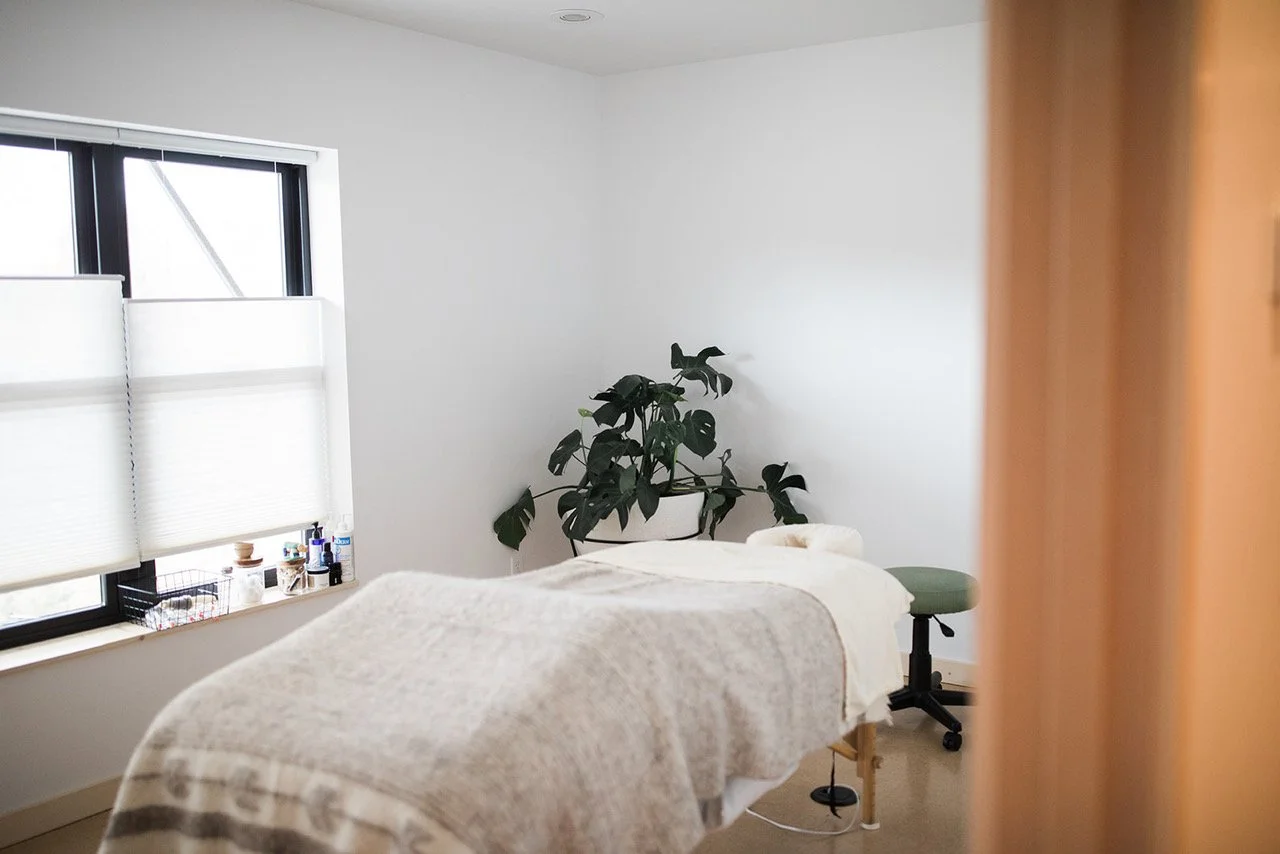Bodywork vs. Massage: What’s the Difference?
Massage therapy and bodywork are often used interchangeably—but they are not the same. Understanding the difference can help you choose the right approach for your specific health and wellness goals.
What Is Massage Therapy?
Massage therapy focuses on the manipulation of soft tissue (muscles, tendons, and ligaments) to relieve tension, reduce pain, and promote relaxation. Sessions typically use techniques like Swedish massage, deep tissue, or trigger point therapy. These methods are often chosen based on your specific symptoms—whether you're dealing with neck pain from poor posture, tight calves after a run, or general stress from a busy week.
Massage therapists often follow a standardized routine, adjusting pressure or technique based on the client's feedback. The primary aim is to restore comfort and mobility in affected areas, increase circulation, and activate the body’s natural relaxation response. For many people, this means better sleep, improved mood, and a sense of physical reset that complements an active or high-stress lifestyle.
Massage Therapy Is Ideal For:
Stress relief
Muscle soreness
Recovery after physical activity
General wellness maintenance
What Is Bodywork?
Bodywork takes a more holistic approach. While it may include massage techniques, it also integrates other modalities like breathwork, postural analysis, fascial release, movement education, and nervous system regulation. Bodywork aims to address the root causes of chronic issues, not just the symptoms.
Bodywork May Include:
Craniosacral therapy
Myofascial release
Somatic therapy
Nervous system regulation
Movement retraining
Bodywork Is Ideal For:
Chronic pain or tension
Repetitive injuries
Stress-related physical symptoms
Emotional or trauma-related tension
Nervous system dysregulation
When to Choose Massage vs. Bodywork
Massage therapy is a great choice if you're seeking general relaxation, recovering from a tough workout, or simply feeling a little tight from everyday stress. It's ideal for people dealing with mild muscle tension, occasional soreness, or anyone who’s new to hands-on healing and wants a gentle entry point.
The focus is typically on relieving symptoms in the moment, helping your body relax, unwind, and feel better fast.
Bodywork, on the other hand, is often the better fit for those dealing with deeper or recurring issues. If you have chronic pain, ongoing tension that keeps coming back, or discomfort that seems tied to stress, posture, or lifestyle patterns, bodywork takes a more holistic approach. Rather than treating isolated symptoms, it looks at the bigger picture—your habits, history, and how different systems in your body interact.
If you've tried massage but haven’t found long-term relief, bodywork may be the step that finally helps you uncover the root cause and create lasting change.
Preparing for Your First Visit: What to Ask
At our practice, we believe in creating a collaborative and empowering experience for every client. If you’re exploring massage or bodywork for the first time, or simply want to make sure the session aligns with your needs, here are a few thoughtful questions to consider asking your practitioner:
Can you tell me about your background and training?
This helps you understand their approach and any special modalities they may integrate based on their experience.How do you personalize sessions for each client?
Every body is different. Ask how your practitioner gets to know your unique patterns, goals, and preferences.What techniques or methods do you use?
Whether they incorporate craniosacral work, myofascial release, or energetic modalities, this gives insight into how your session may support your whole-body wellbeing.Do you focus on symptom relief, long-term change, or both?
Understanding the intent behind their work can help you choose the type of care that fits your goals—whether it’s short-term stress relief or deeper healing over time.
These questions aren’t meant to “test” your provider—they’re an invitation to build trust and ensure your care is aligned with your body’s current needs. We welcome open conversations like these and encourage you to bring your curiosity to every session.
Final Thoughts
Both massage and bodywork have value. The key difference lies in scope: massage relieves symptoms; bodywork aims to resolve them. Many clients benefit from a combination of both, depending on their needs.
If you are ready to book a bodywork or massage session, visit our list of providers here or book your consultation directly.



